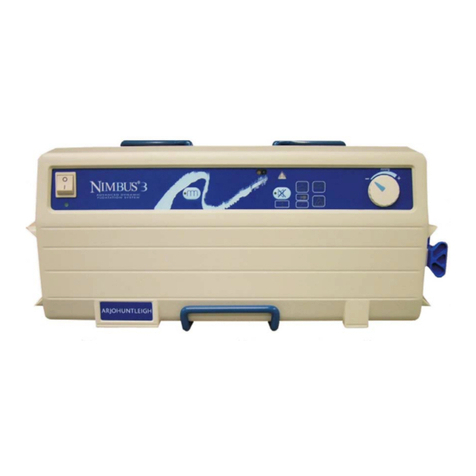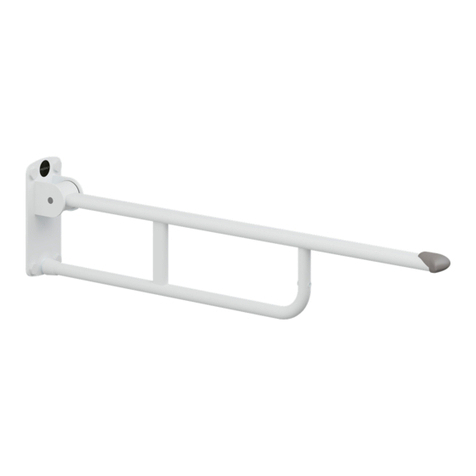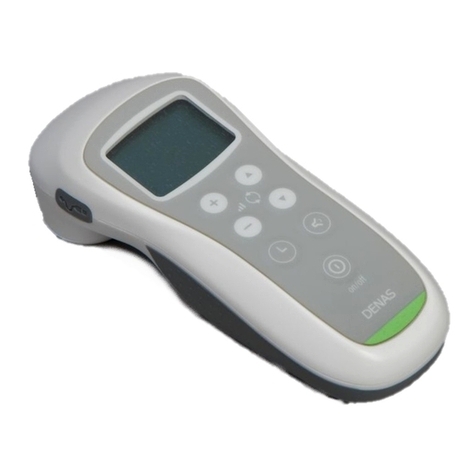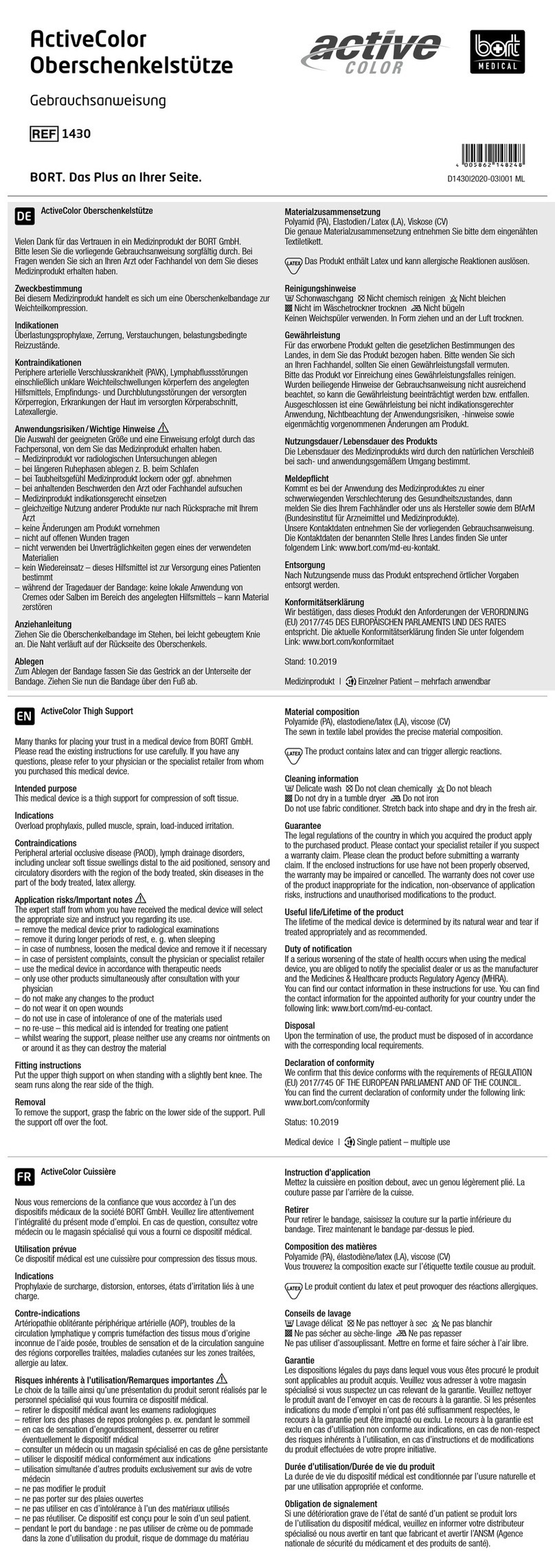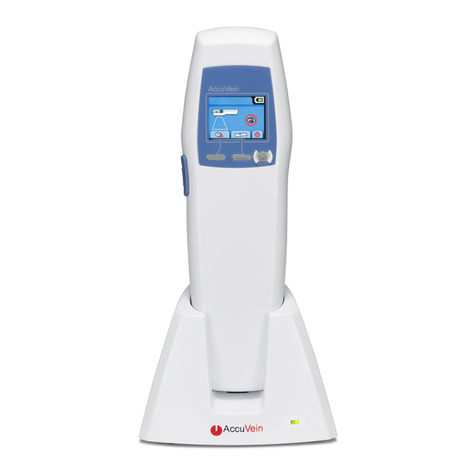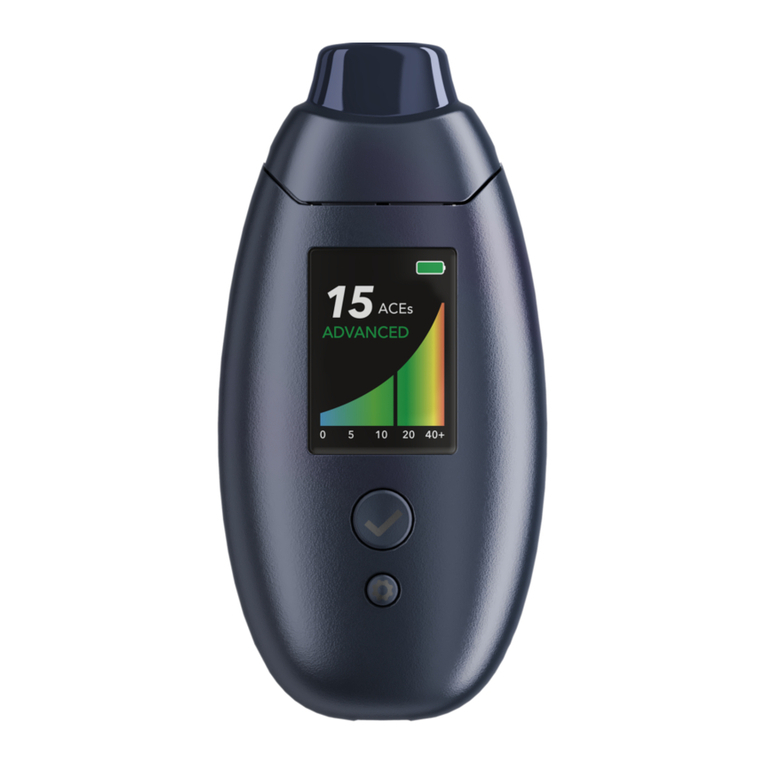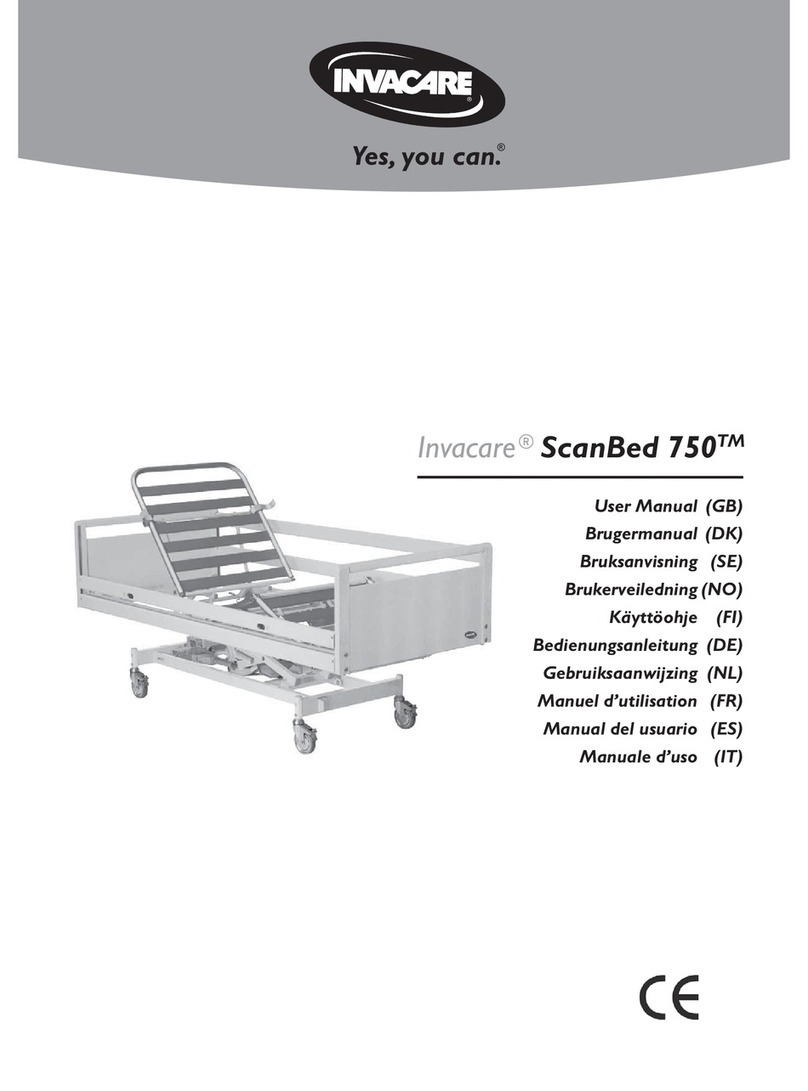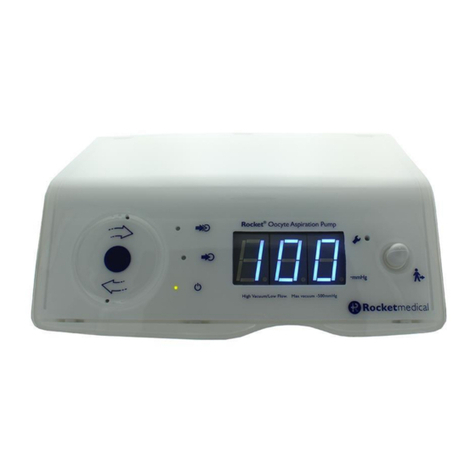
There are three different ketone bodies: Acetoacetate (AcAc), Beta-hydroxybutyrate (BhB) and
Acetone (BrAce) Ketones represent a third class of energy substrates for your metabolism
Under conditions of insufcient glucose, your liver converts fats into the ketones AcAc and BhB
for energy BrAce is a direct by-product of AcAc and a volatile organic compound measurable in
the breath AcAc and BhB both circulate in the blood and can interconvert within cells Urinary
dipsticks measure AcAc as unused AcAc is excreted in the urine Urine tests provide a range of
ketone levels rather than a discrete value Further, AcAc levels in the urine decline after several
weeks of keto-adaptation limiting their utility to track nutritional ketosis over time BhB measured
in venous blood provide the highest level of accuracy but must be done in a lab At-home BhB
nger prick tests measure BhB in capillary blood but are inconvenient and costly over time
Three types of Ketone Bodies and Why it Matters
As ketone levels often vary greatly throughout the day, a single ketone measurement provides a
limited view of an individual's metabolic state To capture cumulative progress over time, our
clinical study calculated a daily area under the curve (AUC ) The AUC is a summary of the
accumulated depth and duration of nutritional ketosis each day It answers the question, "how
deeply and for how long have I been in ketosis?" with a single number Our clinical data
showed a very high correlation between breath and blood AUCs (R2 = 0 83) when both
measurements were taken 3 times daily Stated differently, using a breath or a blood device to
take multiple measurements per day captures the high variability of daily ketone levels and
provides very similar indications of overall ketone activity
Measuring breath acetone allows you to track if you are producing ketones and indicates your
level of fatty acid oxidation Ketosis may result in many health benets for you such as, fat loss,
glucose control, blood pressure regulation, improved cognitive function, and has been studied
for its role in increasing longevity Ketosis is inuenced primarily by diet and fasting Exercise,
stress (increasing cortisol and insulin), and sleep have also been shown to impact levels of
ketosis As diet plays a primary role in fatty acid oxidation and ketone formation, it is important
for you to follow a dietary plan resulting in lowering glucose and increasing ketones Research
has shown a variety of dietary plans to be effective, including carbohydrate restriction, calorie-
restriction, and more Though following a plan may be easy for some patients, people often
react very differently to the same lifestyle change, making it challenging to identify which food
choices and in which quantities affect each patient's ketone production rate Therefore,
measuring matters When you track ketones, it allows your practitioner to be better informed
about how you react to interventions in not only diet, but also exercise, stress and sleep
Why Measure Multiple Times Daily
What Breath Acetone Measurements Tell You
About Your Health
